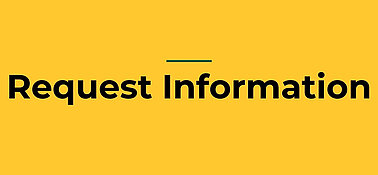Empowering Future Health Educators

The Health Education Program takes a student-centered approach, focusing on skills-based learning to promote health literacy for every student.
Health education plays a critical role in students' lives, helping them stay healthy to learn effectively and equipping them with knowledge to maintain lifelong health. Health educators guide teens in making informed, health-enhancing choices that impact their physical, mental, social, and emotional well-being—from mental health and human sexuality to nutrition and personal safety.
Graduates of the Health Education program are equipped to plan, implement, and manage all ten areas of the Whole School, Whole Community, Whole Child Model. They will develop skills in assessing health education needs, creating effective curricula, and advocating for health within each content area.
Students begin their studies in the Department of Health, Nutrition, and Exercise Sciences (HNES) and complete degree requirements through the School of Education (SOE). Application to the SOE occurs during enrollment in EDUC 321, and graduates earn certification to teach health education in grades 7–12.
Students must maintain a minimum 2.75 cumulative GPA and meet designated course grade requirements to remain in full standing in the program.
For more information contact Dr. Jenny Linker, Program Coordinator
Courses and Plans of Study
Explore our courses and Plan of Study
Degree Enhancements
Students are encouraged to add a double major, certification, or minor to enhance their credentials. The curriculum also allows students to complete a physical education major within the four-year plan. For more, see the Physical Education program.
Professional Education Courses
Teacher candidates may enroll in the 300-level professional education courses before being formally admitted to the School of Education (SOE). Prior to enrolling in the 400-level courses, teacher candidates must complete the application for admission to the SOE; attain a minimum of a 2.75 grade point average overall in their course work and pass the Core Academic Skills for Educators exam or meet minimum scores on the ACT+.
Student Teaching
Student teaching (clinical practice) is the culmination of the teaching program. During the clinical practice, teacher candidates apply the knowledge and skills acquired in their college courses to real-world classrooms under the supervision of experienced health teachers in middle or high schools. Faculty members from NDSU conduct regular on-site visits to support, encourage, and evaluate teacher candidates so that they gain the confidence and ability to join the teaching profession after graduation.
Student Advisement
Students will be assigned individual advisors who will work closely with them in program planning. Students are encouraged to meet with their advisor(s) at least once a semester.
Licensure
Upon completing this program, teacher candidates are eligible for certification to teach health in most states. Our program is accredited by the Council for the Accreditation of Educator Preparation (CAEP) and approved by the North Dakota Education and Standards and Practices Board (ESPB).
For information regarding state authorizations please review: https://www.ndsu.edu/onestop/registration/authorization
Career Opportunities
Graduates can pursue careers teaching health in public and private schools, as well as in community programs, nonprofits, and private sector roles.





